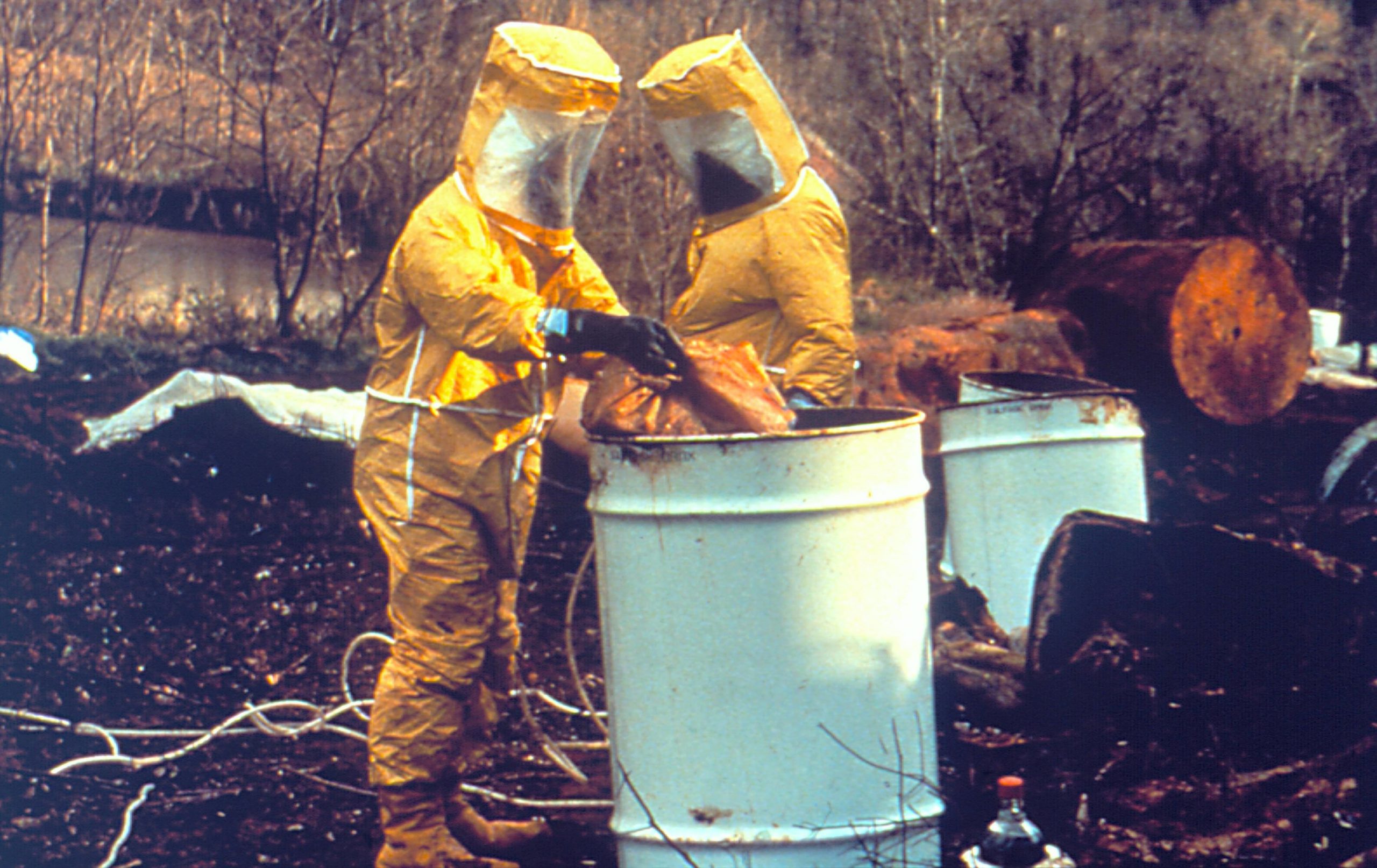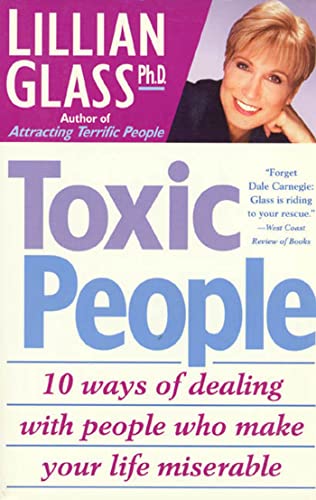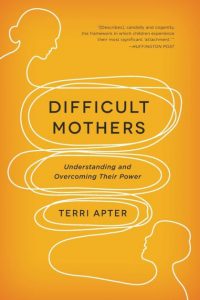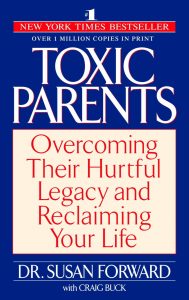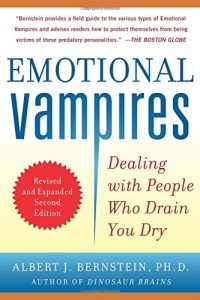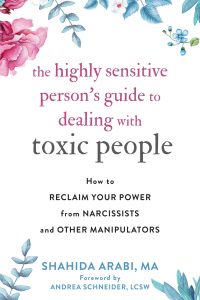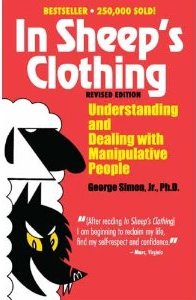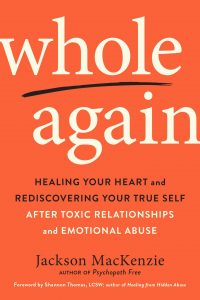Mental health and cognitive decline can have a serious impact on a person’s ability to maintain regular hygiene and grooming routines. At the same time, changes or lack of regular hygiene and grooming routines can seriously impact a person’s mental health. Today is World Mental Health Day, a good day to consider how hygiene and mental health are woven together.
You’ve probably heard the saying “cleanliness is next to godliness” at some point. Many people subconsciously apply this moral judgement to the personal hygiene of those around them. As society’s standards of hygiene and grooming have changed over the centuries, so have the judgements on those who do not meet those standards.
This can have deleterious impacts on people already struggling with mental health or cognitive ability. Social stigma can deter people from reaching out for help, whether to mention their struggle to a therapist or ask for physical assistance. Self-consciousness about grooming standards may then contribute to isolation and loneliness.
“Unfortunately, at both ends of the spectrum, a lack of personal hygiene or an obsession with personal hygiene create additional stress and anxiety for the sufferer,” says Carla Manly, PhD, a clinical psychologist and author.

Depression
The fatigue and lack of motivation that often characterize depression make otherwise routine tasks monumentally impossible. Executive dysfunction can be paralyzing in the face of all the minor steps needed to shower or bathe.
Additionally, depression sometimes causes sensory issues that make bathing physically painful. The temperature changes, scents, or lights can be overwhelming for someone with severe depression.
Instead of traditional bathing practices, those with mental health challenges might turn to alternative methods of hygiene. Dry shampoo, mouthwash, and wipes can enable someone with depression to stay clean when everything is difficult.
Alzheimers and Dementia
People with cognitive decline issues, such as Alzheimer’s and dementia, often have trouble maintaining regular bathing and grooming routines. They may bathe repeatedly, forgetting that they have already done so. Or they may forget to bathe entirely. Alternatively, they may have physical issues that prevent them from bathing. Issues with regular bathing can lead to health complications, such as skin infections or gum disease.
People who can live alone may be able to address this by setting alarms or writing reminders. Maintaining a routine for daily grooming and hygiene can help it become automatic rather than something to remember. Adjustments like hose attachments and rubber mats can remove some of the physical impediments to routine bathing.

Nurses, caregivers, and health aides can help patients who need more assistance with bathing. Keeping up habits established over the course of a lifetime can make assisted bathing easier. Bathing at the same time, using the same products or scents, might make a patient less agitated. Focusing on hygiene rather than grooming can help eliminate stress.
Ablutophobia
Many young children fear taking a bath or shower, but they generally grow out of it as they become more familiar with the routine or associate the bath with pleasant sensations. However, some people develop ablutophobia, an extreme fear of bathing or washing. This may be due to a sensory processing disorder, a traumatic experience, changes in brain function, or an underlying anxiety disorder.
When people with ablutophobia try to perform routine hygiene or grooming rituals, they may experience the symptoms of a panic attack or dissociation.
In the short term, people with ablutophobia can use alternative forms of cleaning, such as wipes or dry shampoo. However, treating ablutophobia will ultimately require psychotherapy or medication, which may allow a patient to uncover and address an underlying cause.
PTSD and Anxiety Disorders
Both post traumatic stress disorder (PTSD) and anxiety disorders can cause difficulties with regular standards of cleanliness. These mental health challenges can cause people to go to either extreme of hygiene and grooming. Sometimes people avoid bathing entirely because it triggers traumatic memories or causes a spike in anxiety. At other times, people fixate on removing dirt, performing ritualized grooming behaviors, controlling elements of their environment, or perfecting their outward appearance.
At either extreme, a person will likely feel an increased sense of social stigma and isolation, compounding the pain from mental illness.
Short-term solutions may include changing the method of bathing, such as cleaning body parts individually to limit vulnerability, or switching from baths to showers. Changes to the bathing environment may also help, such as removing or installing locks on doors, turning down the temperature of the water heater in the home, or removing harsh scrubbers.
“The ultimate goals with such behaviors are to reduce a sense of being violated and ‘dirty’ and to increase a sense of safety,” says Carla Manly.
Schizophrenia
People struggling with schizophrenia often have difficulty maintaining regular routines and lose interest in daily activities. This includes habits like showering, brushing teeth, or changing into clean clothes.
Additionally, many medications to treat schizophrenia have side effects that contribute to problems with hygiene or grooming. Antipsychotic drugs often cause dry mouth, which can lead to gum disease, cavities, and halitosis. These medicines may also cause incontinence, which makes maintaining hygiene very difficult.
Some people find written reminders or alarms helpful to encourage regular hygiene or grooming rituals. Adjusting medications or dosages may help with side effects. Chewing gum and drinking lots of water can help with dry mouth, improving oral hygiene.
Bottom Line: Hygiene and grooming serve two different functions in our lives. When mental health issues make everything more difficult, focus on hygiene rather than grooming.






